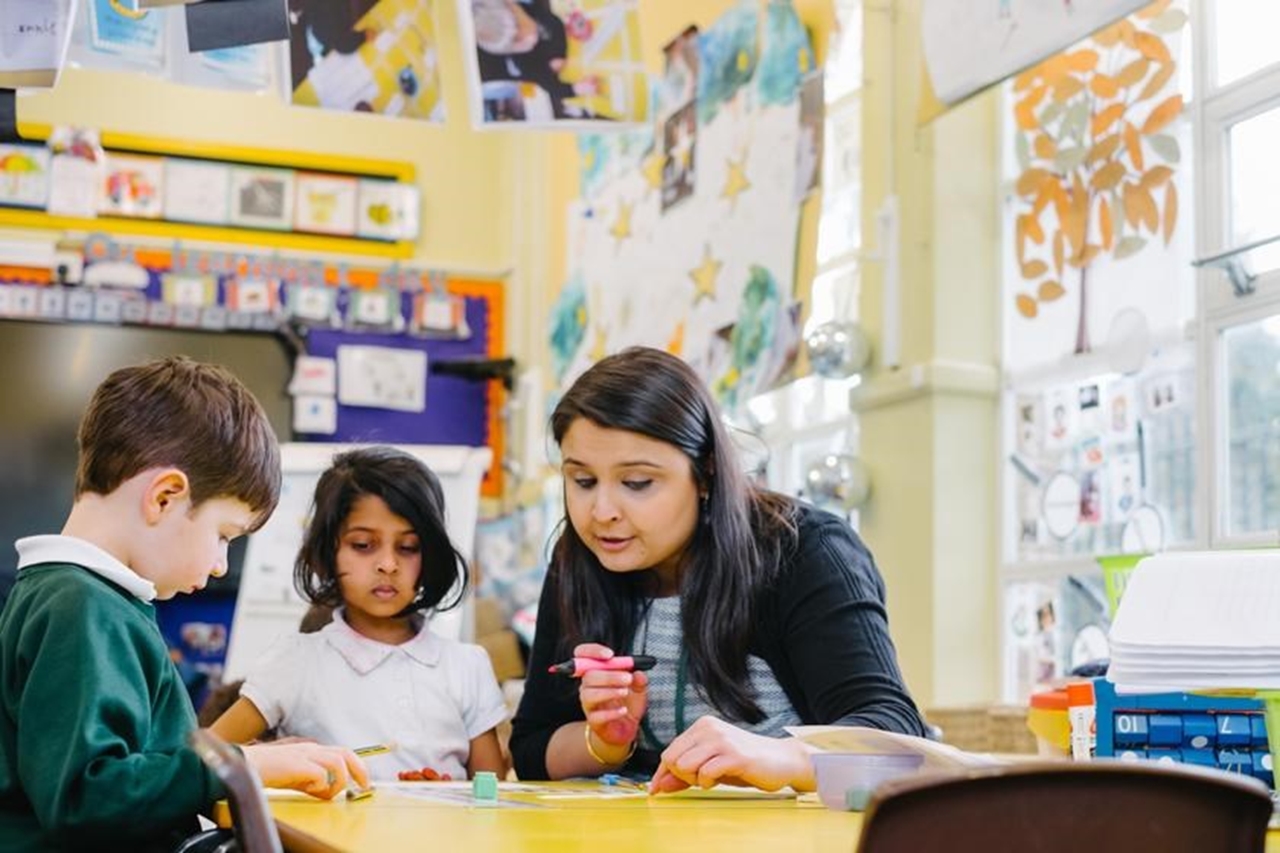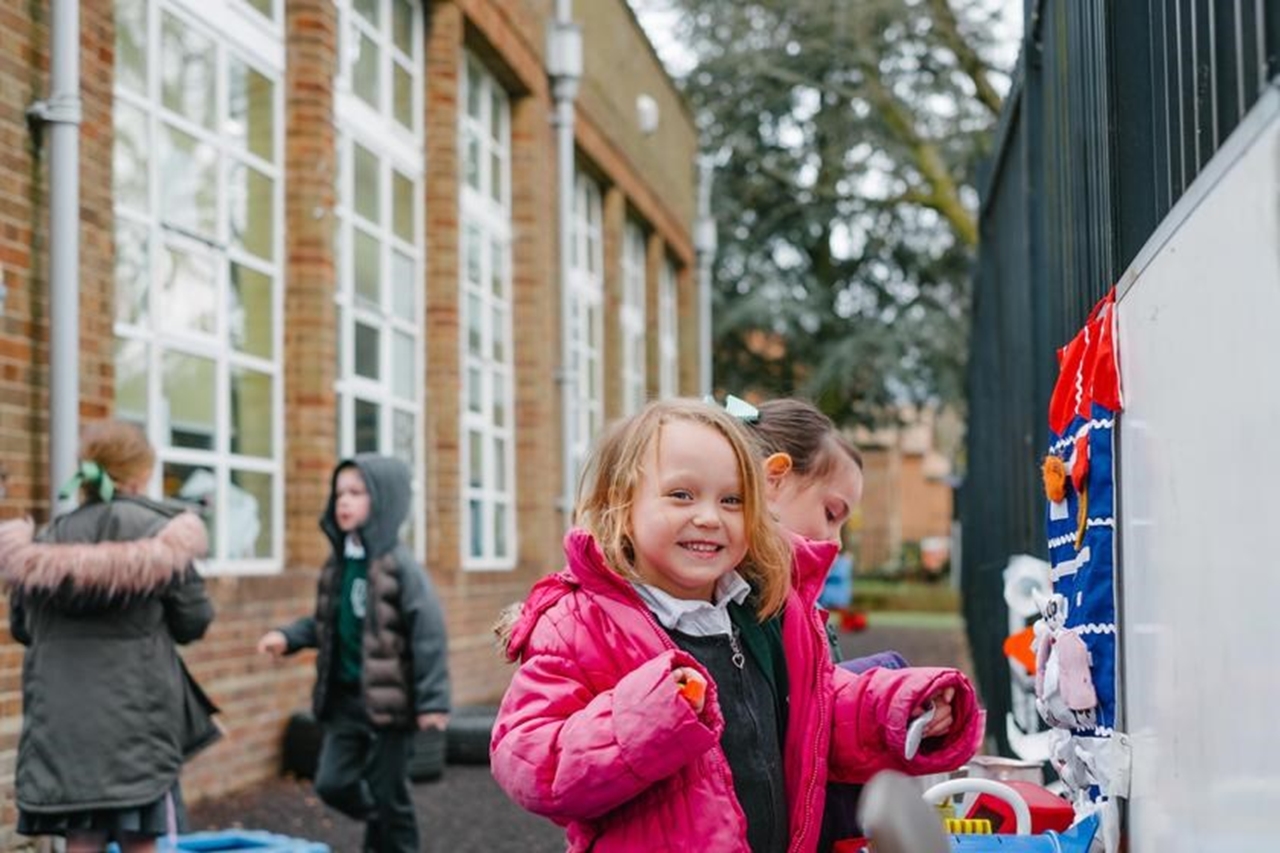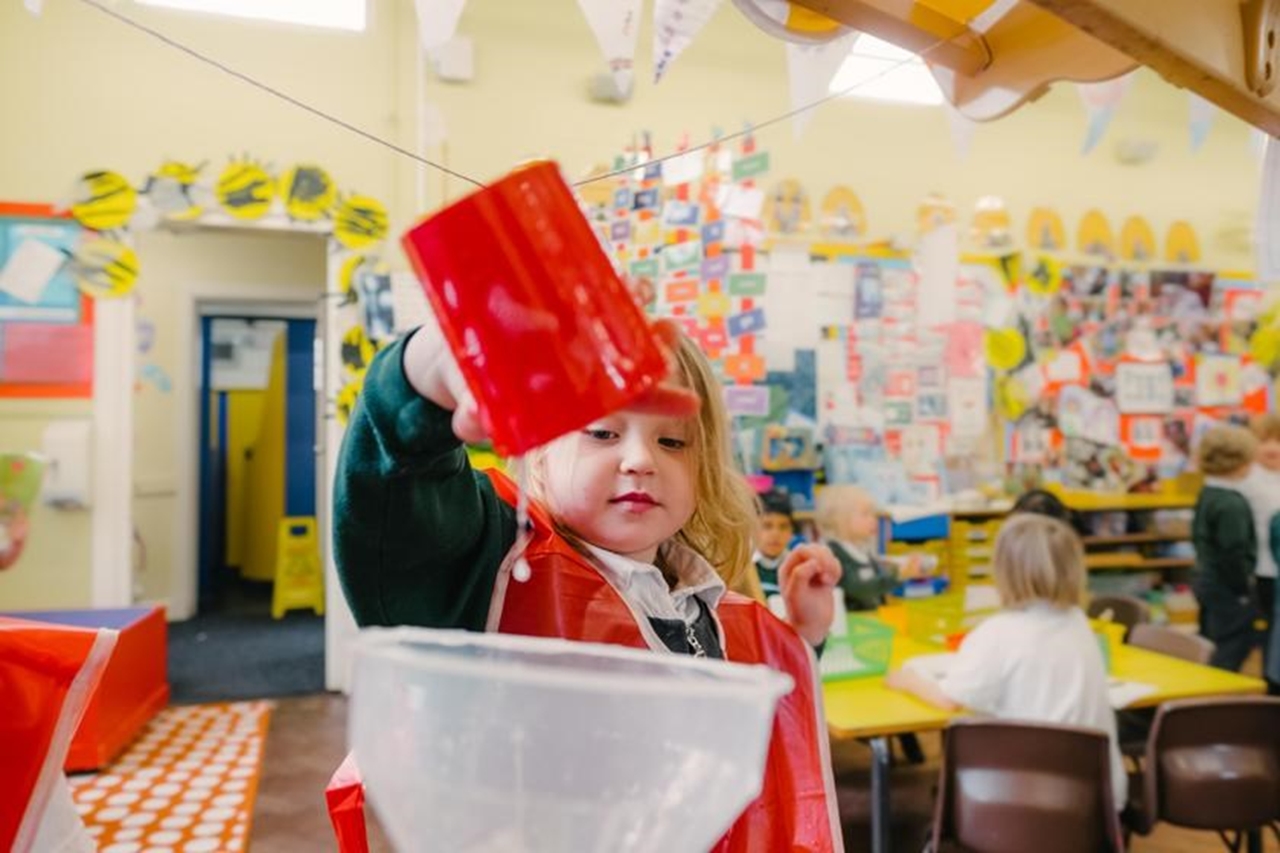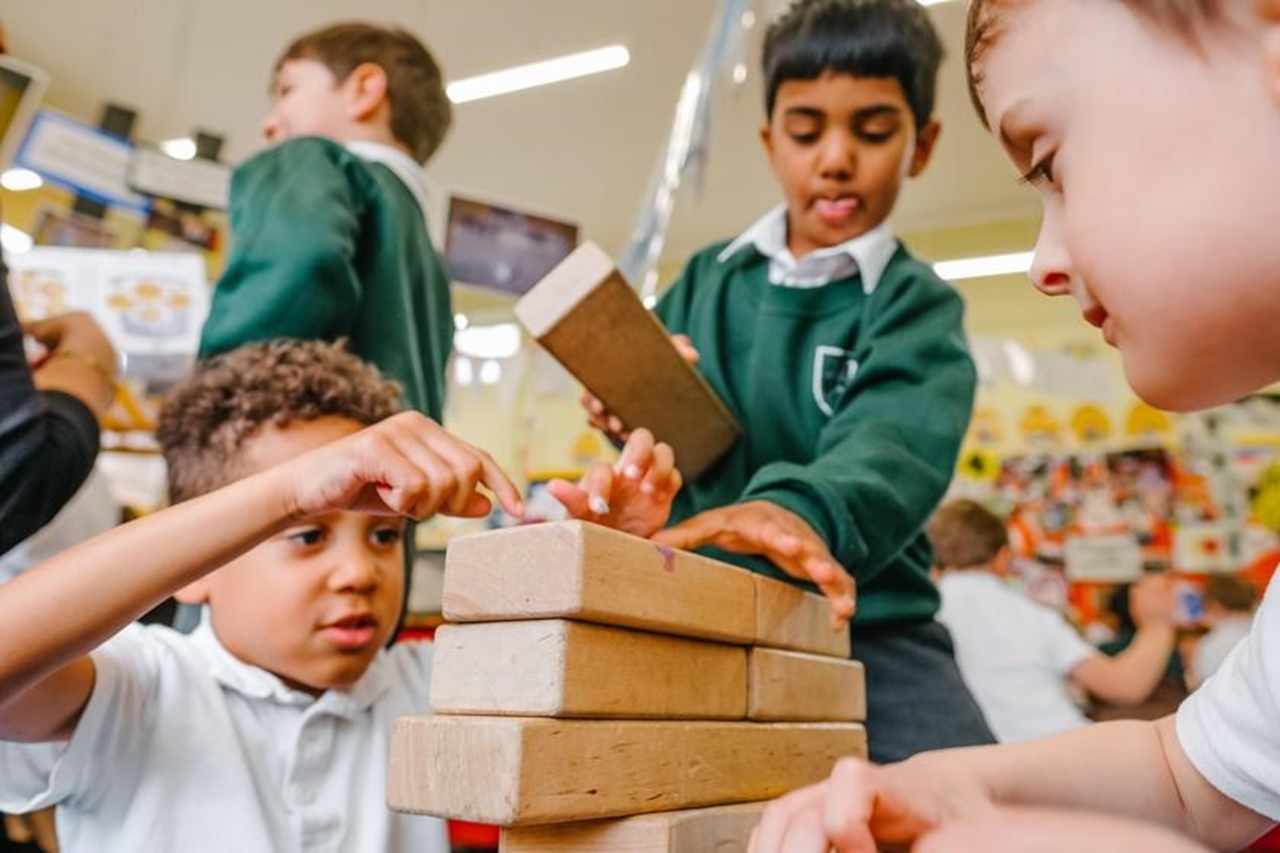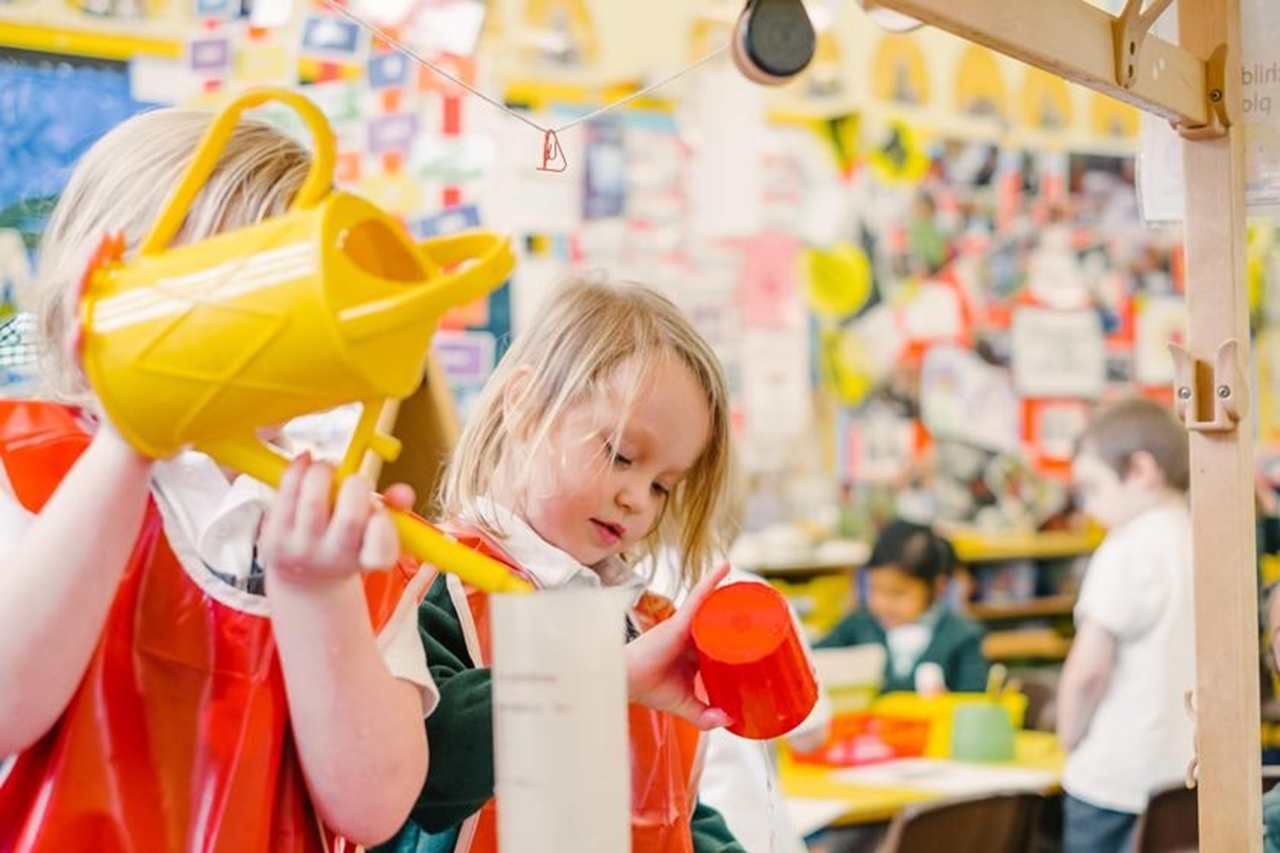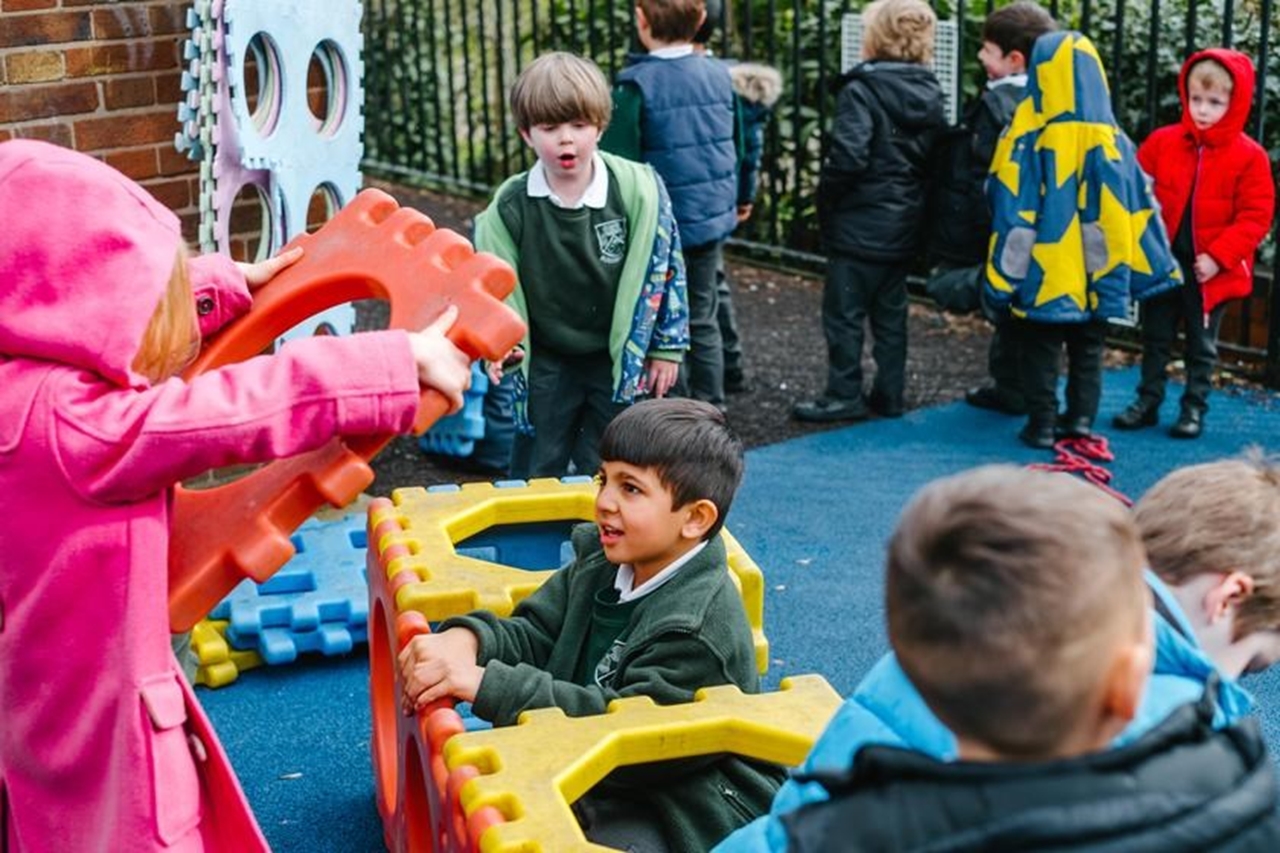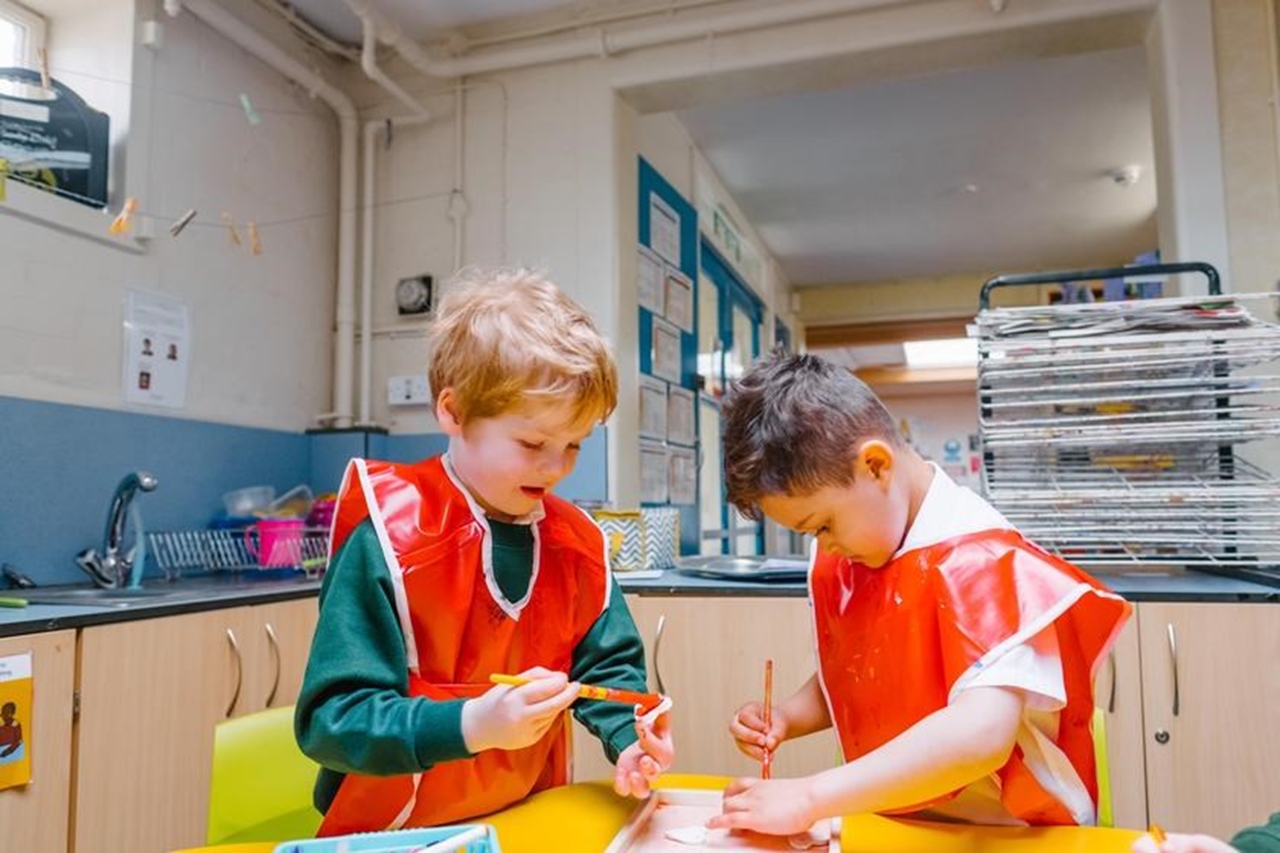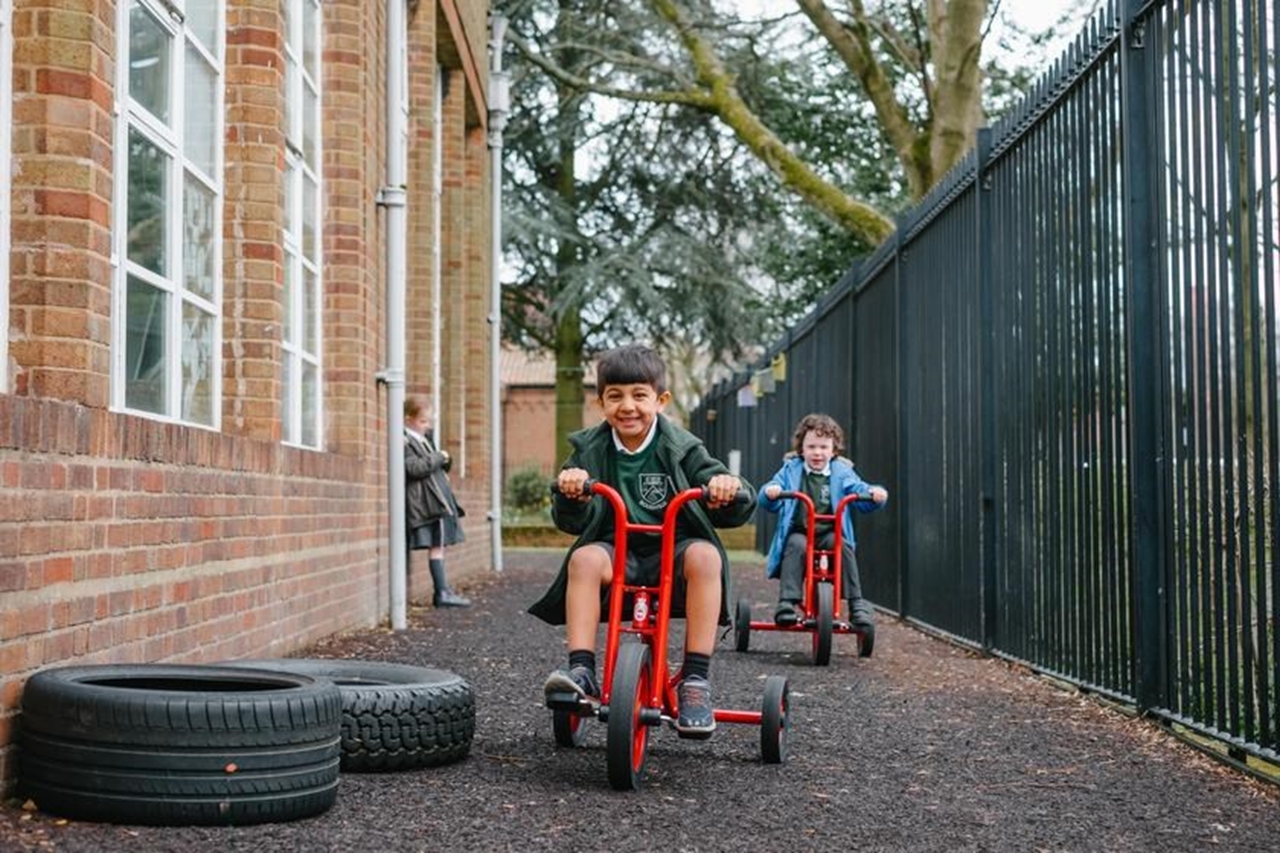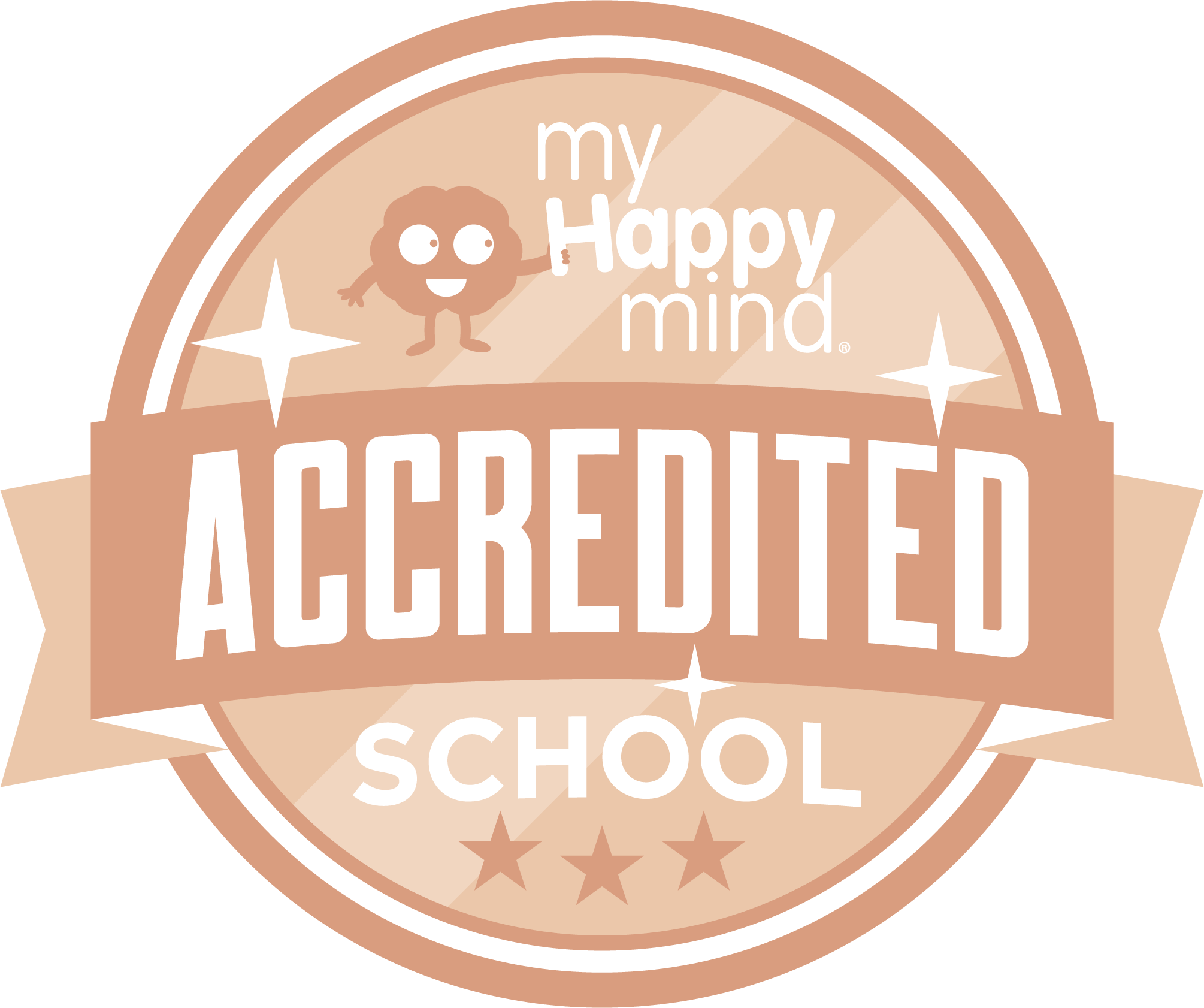Reception at BVPS
Here at Bournville Village Primary School we know that the Early Years are vital in setting children up for all their future learning. During these precious years the children's basic skills, attitudes and dispositions towards learning are established.
Intent:
At Bournville Village Primary, our long-term goal is to develop confident, happy and resilient lifelong learners. We aim to inspire a love of learning and to promote life skills, that can help our children progress throughout their life within school and beyond. We aim to develop seamless transitions from Nursery to Reception and from Reception to Year 1 which enables all the core leaning from the EYFS curriculum in Nursery / Reception to be embedded within their continued learning in school.
During the children’s time with us in reception we focus on developing the Characteristics of Effective Learning:
Play and explore
Learning actively
Create and think critically
We focus on how independent thinking skills support problem solving and communication and have an expectation that children use spoken language across the curriculum, especially in play to share their learning and to build up their knowledge and skills.
Rather than taking the ‘formal’ approach to learning we intend to harness our children’s curiosity and develop a style of learning that our children deserve, an education that is uniquely suited to them as individual learners. Where they can become enthusiastic and successful learners who are able to co-operate and be responsible members of their community and wider society.
Our intent is for children to be:
- curious and independent.
- resilient and eager to challenge themselves.
- valued and belong to our community.
- Be happy in their learning.
The team will ensure that:
- The environment is safe, purposeful, relevant, organised, engaging, and set up to enrich learning experiences.
- Independence is promoted and children make progress.
- Vocabulary is a focus and learning has purpose and links together cohesively.
- Adult roles are clear, and interactions are purposeful, and everyone contributes to the learning and feels valued.
- Personal development is key with trusted adults supporting, reassuring, prompting, and questioning.
Implementation
This will be implemented within our short sharp whole class teaching sessions and enhanced in continuous provision. The provision has been developed with careful planning to ensure that it challenges our children appropriately and scaffolds learning to ensure that all children are successful. The environment is set up to allow each child to follow their own interests and enables staff to thread learning through effective interactions, we know that these interactions hold little moments of magic for our children and provide them with their ‘light bulb’ moments. This therefore means, that not only does each child receives that precious one/ small group time with an adult but it means that teaching is tailor made to suit the child, they are engaged because it interests them, and it is made more accessible to them through play.
We teach whole class lessons on Maths, English and phonics sessions which start in Autumn 1, once we feel the children have settled and we have been able to get to know the children a little better. The children’s whole class teaching inputs will increase throughout the year offer more progression in line with the children’s need and to help the children work towards the transition to year 1.
Impact:
The children at Bournville Village Primary will develop a love of learning and curiosity, a desire to know more and understand why and how. Our children will be settled and ready to tackle the challenges of the next stage in their education after becoming independent and self-led learners, during their time in Early Years.
The children will have a in depth and wide understanding of the Early Years Curriculum, having experienced it, lived it, and practiced key elements thoroughly within their play. Our children will be ready to tackle the rest of their academic journey with confidence.
Our practice is inclusive because all children can benefit from a curriculum designed to uniquely suit them. We meet learners where they are and enable all children to progress through ‘In the Moment’ planning and interventions.
We will see / talk to:
- Confident children who are proud and independent learners.
- Children who have made progress in their learning.
- Well-rounded children who can demonstrate our school values.
- Children who can identify strategies that help them to self-regulate.
- Children who can demonstrate their learning and recognise how they learn best.
- Happy and safe children.
- Children who are articulate and can share their learning and experiences enthusiastically.
What Learning Looks Like in Reception
The Cadbury building is dedicated to Reception where our large classrooms are organised to allow children to explore and learn securely and safely.
The environment is set up to enhance learning opportunities and support the children's interests. The children have access to each of the classrooms and the outdoor area, allowing them to follow their own interests and develop independence. We know that each and every child is unique and will access learning in different ways. Through the set up of our environment we are able to meet each of the children's needs and create personalised learning opportunities.
Characteristics of Effective Learning:
- Playing and exploring – children investigate and experience things, and ‘have a go’
- Active learning - children concentrate and keep on trying if they encounter difficulties, and enjoy achievements
- Creating and thinking critically – children have a develop their own ideas, make links between ideas, and develop strategies for doing things.
We also believe strongly in the Seven Features of Effective Practice:
- The best for EVERY child
- High-Quality care
- The Curriculum: What we want children to learn
- Pedagogy: helping children to learn
- Assessment: checking what children have learnt
- Self-regulation and executive function
- Partnership with parents
The Reception Curriculum
Our curriculum for the Foundation Stage reflects the learning aims and objectives set out in the Early Years Foundation Stage Statutory Framework combined with the Development Matters curriculum guidance.
There are seven areas of ‘Learning and Development’ that must shape educational provision in all early years’ settings. All areas of Learning and Development are important and inter-connected. Our children’s learning experiences enable them to develop competency and skill across these areas of learning. They require a balance of activities for children to develop effectively and to give them the best chance of obtaining a Good Level of Development at the end of their Reception Year.
Three areas are particularly crucial for igniting children’s curiosity and enthusiasm for learning, and for building their capacity to learn, form relationships and thrive.
The three Prime areas are:
- Communication and Language
- Listening, Attention and Understanding
- Speaking
- Physical Development
- Gross Motor Skills
- Fine Motor Skills
- Personal, Social and Emotional Development
- Self-Regulation
- Managing Self
- Building Relationships
Staff will also focus on teaching the ‘essential skills and knowledge’ in the four specific areas, which will help children prepare for year 1. Through these, the three prime areas are strengthened and applied.
Specific Areas:
- Literacy
- Comprehension
- Word Reading
- Writing
- Mathematics
- Number
- Numerical Patterns
- Understanding the World
- Past and Present
- People, Culture and Communities
- The Natural World
- Expressive Arts and Design
- Creating with Materials
- Being Imaginative and Expressive
SEND and Inclusion in YR at BVPS
We believe that all children and young people are entitled to an
education that enables them to
• achieve their best
• become confident individuals living happy,
fulfilled lives
• make a successful transition into adulthood,
whether into employment, further or higher
education or training (The SEND Code of Practice 2014)
In Reception, we utilise our staff, curriculum and learning areas to provide a safe, happy and inclusive experience for all of our learners.
